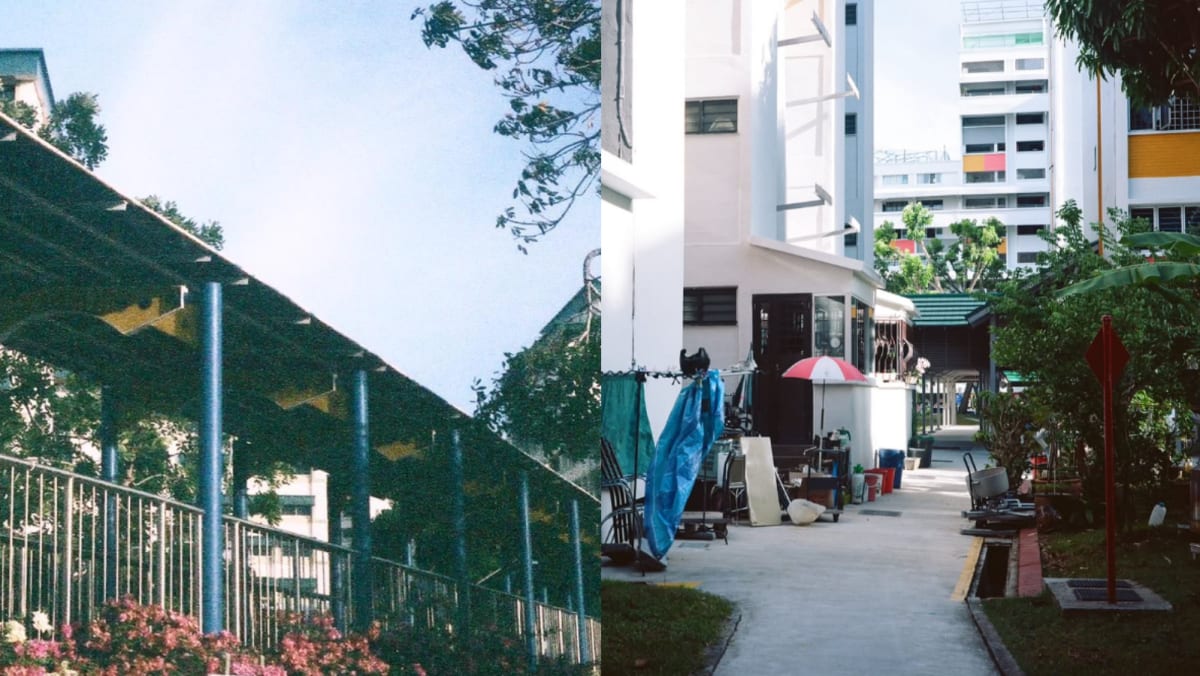Heritage educator and millennial Ho Yong Min has similarly observed that his generation is starting to wonder: “Are the places that I’m growing up in starting to be lost?”
The “trade-offs” create a “tension in our hearts”, believes the 41-year-old founder of The Urbanist Singapore, a content platform dedicated to heritage storytelling amid urban design.
“In Singapore where every square metre is optimised, it tightens the sense of how spaces are so precious. I think it becomes psychological angst for folks who are growing up and witnessing change, (knowing) that obviously has to be balanced out with the need for change. So it’s very complex.”
There is “a bit of a paradox” to negotiate living in Singapore, added Dr Felicity Chan from the Lee Kuan Yew Centre for Innovative Cities at the Singapore University of Technology and Design (SUTD).
“To enjoy Singapore, you must be very adaptable to change, but we also know that people like stability,” said the deputy director for the Master of Science in Urban Science, Policy and Planning.
Perhaps then, as Syafiq suggested, our nostalgia is also an “inability to be satisfied with what we have now” and a “reckoning of the present”. His photography, although it may resemble vignettes of a simpler Singapore, thus compels viewers to reflect on what it means to “be in the now”.
HOW WE CAN EMBRACE NOSTALGIA’S INFLUENCE
Some may argue the cure for nostalgia is not to get overly attached to anything – a neighbourhood shop, a local business, a daily path you take to work – in the first place.
SUTD’s Dr Chan noted that it has become “quintessential Singaporean to rationalise and not hold onto things too tightly”.
“We’ve learnt to accept that one cannot expect things to stay the same way for a long time … And because things change so quickly, you don’t even realise that you haven’t had enough time to develop the depth of emotions before (a place) is gone.”
Yet, forming attachment is only human nature. To deny ourselves that experience in exchange for an easier time letting go in future isn’t pragmatism, just cynicism.

